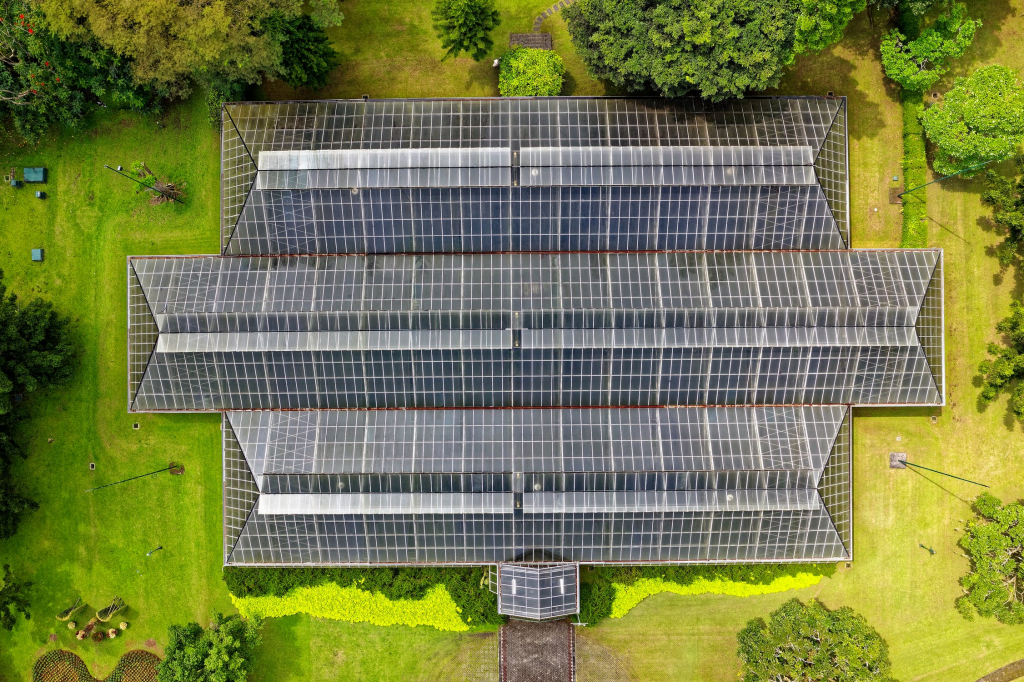Visa has added another p2p partnership to its portfolio. The Visa Direct payments platform has partnered with TransferWise to offer customers the ability to move money to debit cards in real-time from anywhere in the world. Visa Direct has already been used to process 2 billion transactions in 2019 alone, a number that is expected to grow with this partnership.
According to Bill Sheley, global head of Visa Direct, there is still a need for real-time payments in a large part of the world:

“Technology is bringing us closer together, yet there are still challenges that it hasn’t solved when it comes to individuals and small businesses moving money around the world,” said Sheley. “The TransferWise collaboration is the latest addition to Visa’s efforts to help our clients enable individuals and small businesses to send and receive international payments quickly and securely by utilizing the power of Visa Direct.”
This partnership builds on previous moves by Visa. Earlier this year, the company purchased Earthport, a cross-border payment and ACH provider. This acquisition gave Visa even more reach to consumers and businesses to send and receive money through their own bank accounts using Visa.
Zopa, the British peer-to-peer lending firm, is on its way to becoming the newest challenger bank. The company received a £130 million investment to move forward with obtaining a full banking license from the FCA. The funding round is led by IAG Capital Partners in the US, and its UK investment vehicle Silverstripe. Previously, Zopa the first p2p lender to receive a conditional banking license in 2018.
The company’s chief executive Jaidev Janardana noted that the additional funding was needed to assuage the fears of UK regulators:

“This new funding means we have concluded the fundraising phase of our bank mobilization. Definitive agreements to provide the funding have been finalized and are subject to final approvals including regulatory change of control.
“We continue to hold our bank license with restrictions and are working closely with the regulators to gain our full license. We are excited that once approved, Zopa will be able to launch its bank alongside its peer-to-peer business and offer a broader set of products to our customers.”
To date, Zopa has lent close to £4 billion in the UK, and was the first p2p lending company to receive an AAA rating for its loan originations.
Thanks to Money&Co, p2p investors can now invest in music. Money&Co’s newest product will provide loans to music artists which are secured by their intellectual property rights. Money&Co is offering these investments at an interest rate of 6% over LIBOR.

“We are in the process of building our litigation finance business and our music lending business. These are not strictly P2P areas, but can be offered to P2P investors and will be eligible for inclusion in the Innovative Finance ISA.”
Power Ledger is at it again. This time, the Australian p2p solar energy company has expanded its reach to India where it has launched yet another pilot program alongside India power company UP Power Corporation Limited. Solar energy in the Indian state of Uttar Pradesh will be traded via the blockchain-powered p2p platform of Power Ledger. The first phase of the project could be completed as early as March, 2020.
Co-founder of Power Ledger, Jemma Green, noted how this project will play out, and its implications for the company’s expansion:

“Once the scoping, planning and site selection has been completed and smart-metering infrastructure deployed, Power Ledger will commence the configuration and finalize trading logics for deployments of dynamic pricing Xgrid P2P energy trading platform in consultation with all the key stakeholders.”
“Power Ledger is continuing to scale our platform within Australia and internationally, growing our technology in the NEM to help energy retailers gain access to a more efficient way of transferring energy through the existing grid infrastructure.”
The company is also continuing its expansion domestically in Australia. Power Ledger is being installed into apartment buildings in the suburbs of Perth, where residents will share energy generation from solar power.
Nine Chronicles, a new multiplayer online game, is set to be released on a p2p blockchain network. The game is being published on a p2p network so that it does not operate on a single centralized server, which can lead to outages and downtime. Additionally, if the original developers of the game cease their involvement, Nine Chronicles can continue moving forward in its own development. New versions of Nine Chronicles can even be created by developers who fork the original open-source code of the game.
Kijun Seo, CEO of Planetarium, (the developer behind Nine Chronicles) sees the open-source nature of the game as paramount to its success:

“It’s been about a year since we started developing the game and the underlying technology, and we’re very excited to reveal it now. Since Nine Chronicles will be released as an open-source project and owned by the player community, we hope to find many like-minded gamers who’ll support us on our journey ahead!”
While p2p games like Nine Chronicles do provide upgrades to centrally controlled games, they do come without their own limitations and question marks. For instance, it is more difficult to combat cheating behavior and provide support for in-game purchases and other billing issues that arise when the network is decentralized and not controlled by a singular entity.
*As with any investment, your capital is at risk and the investments are not guaranteed. The yield is up to 6.75%. Before deciding to invest, please review our risk statement or consult with a financial advisor if necessary.